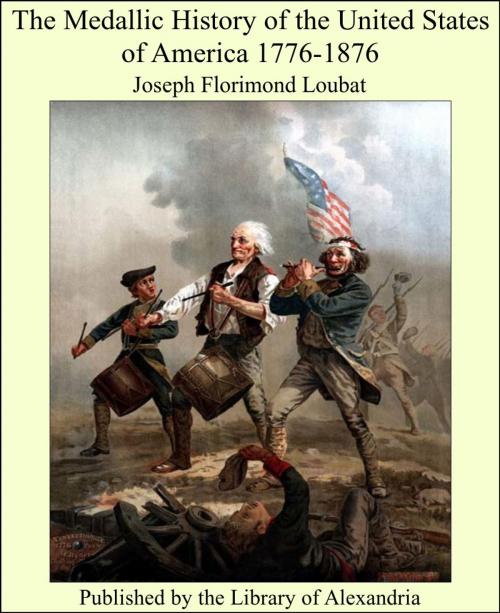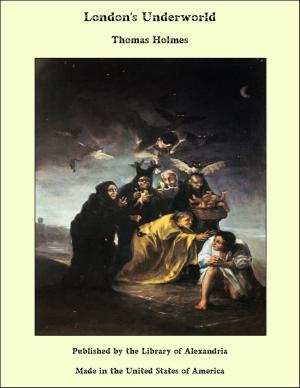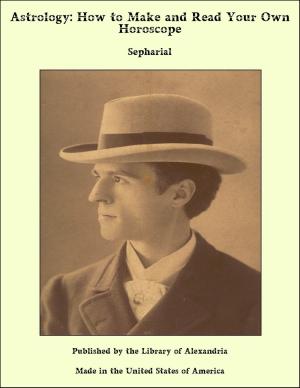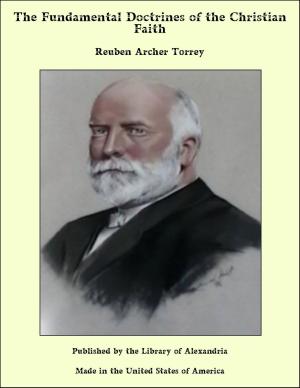The Medallic History of the United States of America 1776-1876
Nonfiction, Religion & Spirituality, New Age, History, Fiction & Literature| Author: | Joseph Florimond Loubat | ISBN: | 9781613104477 |
| Publisher: | Library of Alexandria | Publication: | March 8, 2015 |
| Imprint: | Language: | English |
| Author: | Joseph Florimond Loubat |
| ISBN: | 9781613104477 |
| Publisher: | Library of Alexandria |
| Publication: | March 8, 2015 |
| Imprint: | |
| Language: | English |
Medals, by means of the engraver's art, perpetuate in a durable form and within a small compass which the eye can embrace at a glance, not only the features of eminent persons, but the dates, brief accounts, and representations (direct or emblematical) of events; they rank, therefore, among the most valuable records of the past, especially when they recall men, deeds, or circumstances which have influenced the life of nations. How much light has been furnished for the study of history by the concise and faithful testimony of these silent witnesses! The importance of medals is now universally acknowledged, and in almost every country they are preserved with reverent care, and made the subject of costly publications, illustrated by elaborate engravings, with carefully prepared letter-press descriptions and notes. Up to the present time no thorough work devoted to the medals of the United States of America has been published. When I entered upon the task, several years ago, of investigating their history for the period embracing the first century of the Republic, I had little conception of the difficulties to be encountered. The search involved a very considerable expenditure of time and labor, but at last I have the satisfaction of offering to the public the result of my investigations, completed according to the original plan. Although our political history measures but a hundred years, it records so many memorable deeds, and the names of so many illustrious citizens, that our medals form, even now, an historically valuable collection, to say nothing of the great artistic merit of some of them. During the War of Independence alone, how many exploits, how many heroes do we find worthy of being thus honored! How numerous would have been our medals if Congress had not been imbued with the conviction that only the very highest achievements are entitled to such a distinction, and that the value of a reward is enhanced by its rarity! In voting those struck after the War of 1812-'15 with Great Britain, and after that of 1846-'47 with Mexico, the same discretion was shown. There was still greater necessity for reserve during the late Civil War, and only two were presented during that painful period: one to Ulysses S. Grant, then a major-general, for victories, and another to Cornelius Vanderbilt, in acknowledgment of his free gift of the steamship which bore his name. Similar national rewards have been earned also by deeds which interest humanity, science, or commerce; as, for instance, the laying of the transatlantic telegraph cable, the expedition of Doctor Kane to the Arctic Seas, and the beneficence of George Peabody. If to these are added the Indian peace medals, bearing the effigies of our successive Presidents, the various elements which compose the official medals of the United States of America will have been enumerated. As neither titles of nobility nor orders of knighthood exist in our country, Congress can bestow no higher distinction on an American citizen than to offer him the thanks of the nation, and to order that a medal be struck in his honor. I cannot do better than to quote here the words of General Winfield Scott, when he received from President Monroe the medal voted to him for the battles of Chippewa and Niagara
Medals, by means of the engraver's art, perpetuate in a durable form and within a small compass which the eye can embrace at a glance, not only the features of eminent persons, but the dates, brief accounts, and representations (direct or emblematical) of events; they rank, therefore, among the most valuable records of the past, especially when they recall men, deeds, or circumstances which have influenced the life of nations. How much light has been furnished for the study of history by the concise and faithful testimony of these silent witnesses! The importance of medals is now universally acknowledged, and in almost every country they are preserved with reverent care, and made the subject of costly publications, illustrated by elaborate engravings, with carefully prepared letter-press descriptions and notes. Up to the present time no thorough work devoted to the medals of the United States of America has been published. When I entered upon the task, several years ago, of investigating their history for the period embracing the first century of the Republic, I had little conception of the difficulties to be encountered. The search involved a very considerable expenditure of time and labor, but at last I have the satisfaction of offering to the public the result of my investigations, completed according to the original plan. Although our political history measures but a hundred years, it records so many memorable deeds, and the names of so many illustrious citizens, that our medals form, even now, an historically valuable collection, to say nothing of the great artistic merit of some of them. During the War of Independence alone, how many exploits, how many heroes do we find worthy of being thus honored! How numerous would have been our medals if Congress had not been imbued with the conviction that only the very highest achievements are entitled to such a distinction, and that the value of a reward is enhanced by its rarity! In voting those struck after the War of 1812-'15 with Great Britain, and after that of 1846-'47 with Mexico, the same discretion was shown. There was still greater necessity for reserve during the late Civil War, and only two were presented during that painful period: one to Ulysses S. Grant, then a major-general, for victories, and another to Cornelius Vanderbilt, in acknowledgment of his free gift of the steamship which bore his name. Similar national rewards have been earned also by deeds which interest humanity, science, or commerce; as, for instance, the laying of the transatlantic telegraph cable, the expedition of Doctor Kane to the Arctic Seas, and the beneficence of George Peabody. If to these are added the Indian peace medals, bearing the effigies of our successive Presidents, the various elements which compose the official medals of the United States of America will have been enumerated. As neither titles of nobility nor orders of knighthood exist in our country, Congress can bestow no higher distinction on an American citizen than to offer him the thanks of the nation, and to order that a medal be struck in his honor. I cannot do better than to quote here the words of General Winfield Scott, when he received from President Monroe the medal voted to him for the battles of Chippewa and Niagara















